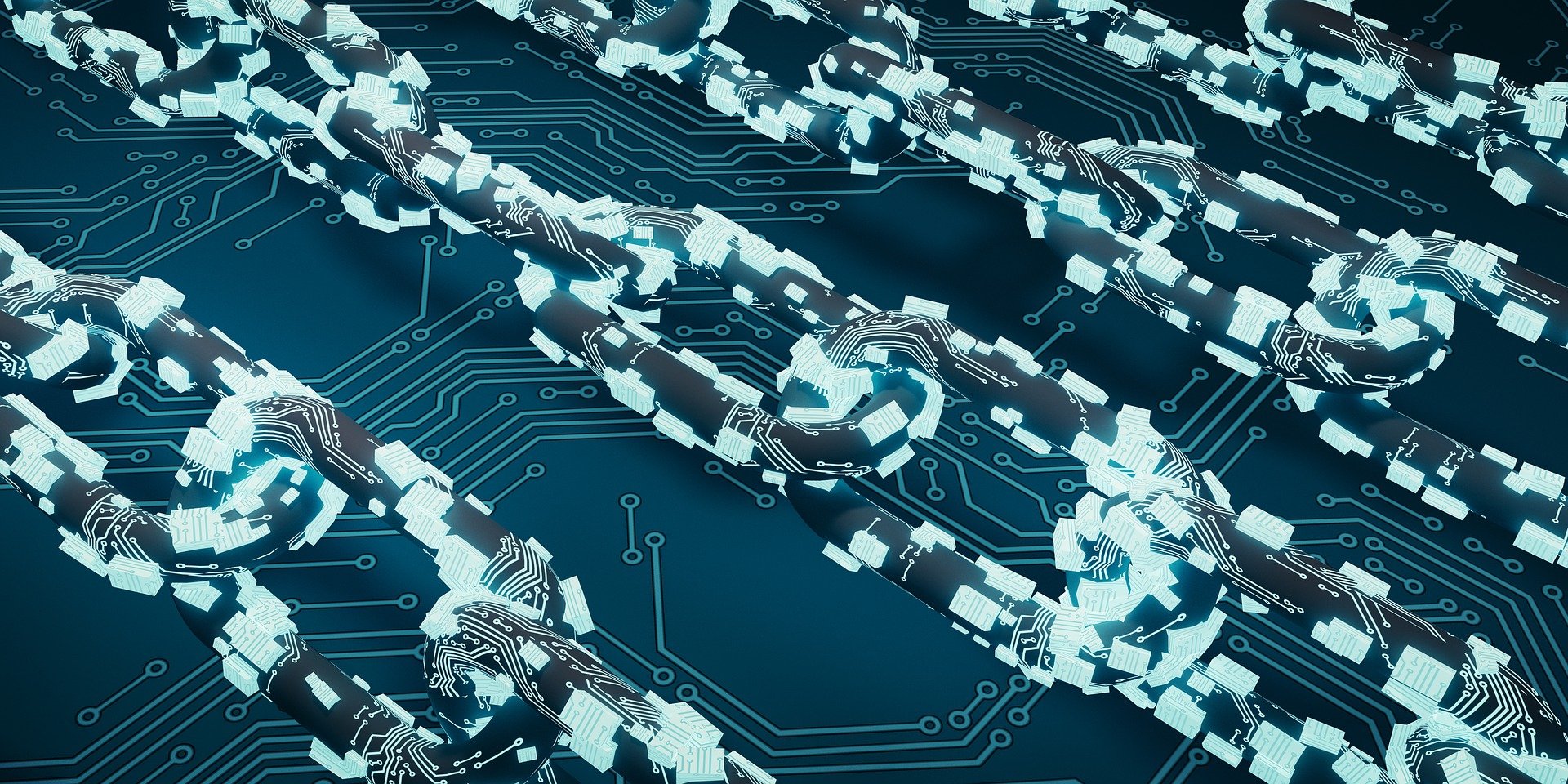Blockchain was always designed to make the world a better, stronger place, and there are many entrepreneurs and companies out there working towards that goal.
How Blockchain Is Keeping the Planet Well
One of those people is Holke Brammer, who has a PhD in political economy from Stanford. In a recent interview, he commented on the work that ultimately got him involved (and interested) in both blockchain and blockchain applications:
I studied how we get good long-term policies in democracies, which is obviously non-trivial… I worked on large scale innovation processes in Germany between civil society and the German state, organizing the largest hackathon around COVID. It was the largest hackathon so far with 28,000 people. We basically took the challenges from COVID, from track and tracing COVID, to how do small businesses apply for state subsidies, to how do we deal with domestic violence.
Brammer is all about open innovation, in which ideas are placed together as a means of establishing things like decentralization for both individuals and institutions. He is now working with Protocol Labs, a prominent blockchain startup, and is leading a newly launched vehicle called Hypercerts Foundation.
The goal of the organization is to provide special rewards and incentives to those who are trying to utilize blockchain’s prowess to better the planet and make it safe for future generations. In a recent blog post for the company, Brammer wrote:
Imagine a world where positive impact was one of the most highly valued creations in our society.
In terms of blockchain being used for social good, it appears the concept is really building steam as of late according to people like Simona Pop. As the co-founder of Ethereum bounties, Pop was quick to mention that there are now major players in the mix such as UNICEF, who recently tried to introduce a new digital token in 2019.
As a Romanian who escaped her country’s revolution, Pop studies DAOs and governance, and seeks to find new ways to bring people together so that they can share ideas and missions for protecting Mother Earth. She explained in a statement:
At the core of it, it is about redesigning the whole model. Re-engineering the whole flow of resources, but as I always say, it is tough building a new boat when you are firmly standing in the current one with its focus on extraction.
Ensuring Traceability for Products
One of the big things that blockchain is being used for now – aside from verifying digital currency transactions – is ensuring the trustworthiness of specific items or goods. For example, a company called The Fision is now using blockchain to measure the journeys its cotton T-shirts take from creation to winding up in the hands of buyers.
Blockchain ensures all the materials are sustainable and traceable.



